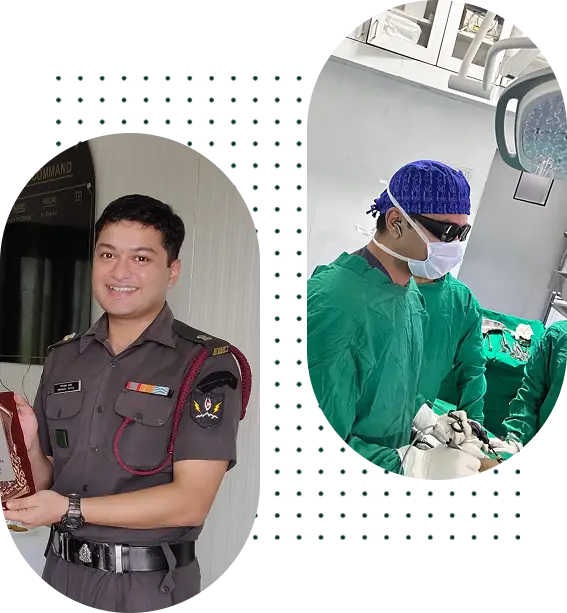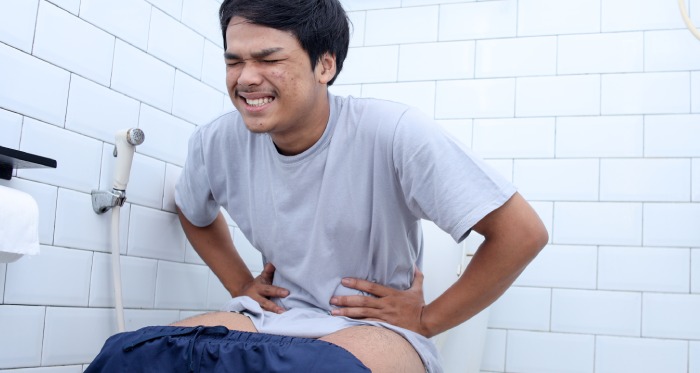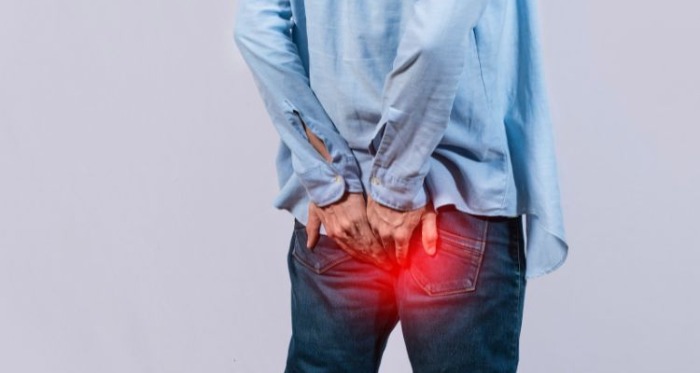Piles Treatment in Kolkata
Dr. (Maj) Ranajoy Dutta, an experienced piles doctor in Kolkata, offers safe, effective and minimally invasive treatments that help you get back to life without the discomfort or embarrassment of living with piles.
What are Piles?
While mild cases may settle with lifestyle changes and piles medicine, more severe cases might need surgery.

Piles Types

Internal Piles
It is located inside the rectum, usually painless but may cause bleeding during bowel movements.

External Piles
It is swollen lumps near the anal area that cause more noticeable pain and discomfort than internal ones, often affecting daily activities like sitting, moving, or passing stool.

Prolapsed Piles
Internal piles that have pushed through the anal area. They may retract on their own or need manual repositioning.

Thrombosed Piles
External piles where a blood clot has formed, causing severe pain, swelling, and inflammation.
Piles Causes

Call for Appointments
Begin your treatment journey with expert care. Schedule your appointment with Kolkata’s esteemed cancer specialist Dr. (Maj) Ranajoy Dutta today.

Piles Symptoms
Pain or discomfort while sitting or during bowel movements

Piles Diagnosis

Proctoscopy

Sigmoidoscopy

Digital rectal examination (DRE)

Colonoscopy
Piles Treatment
Once the diagnosis is confirmed, Dr. Dutta tailors piles treatment based on the severity and type of piles.
For mild to moderate cases, he might recommend lifestyle modifications such as increasing fibre intake, drinking more fluids, avoiding prolonged sitting, and minimizing straining during bowel movements.
For persistent symptoms, rubber band ligation or sclerotherapy may be advised. Severe or prolapsed piles might require surgery, including laser-assisted options.
Dr. Dutta recommends the most suitable approach based on individual needs, ensuring comfort, safety, and long-term relief.
Don’t let piles disrupt your comfort or confidence. Schedule a consultation with Dr. Ranajoy Dutta today to explore the best piles treatment options in Kolkata.
Fill The Form
Contact Form

Make Appointment &
Take Care Of Your
Healthy Life

